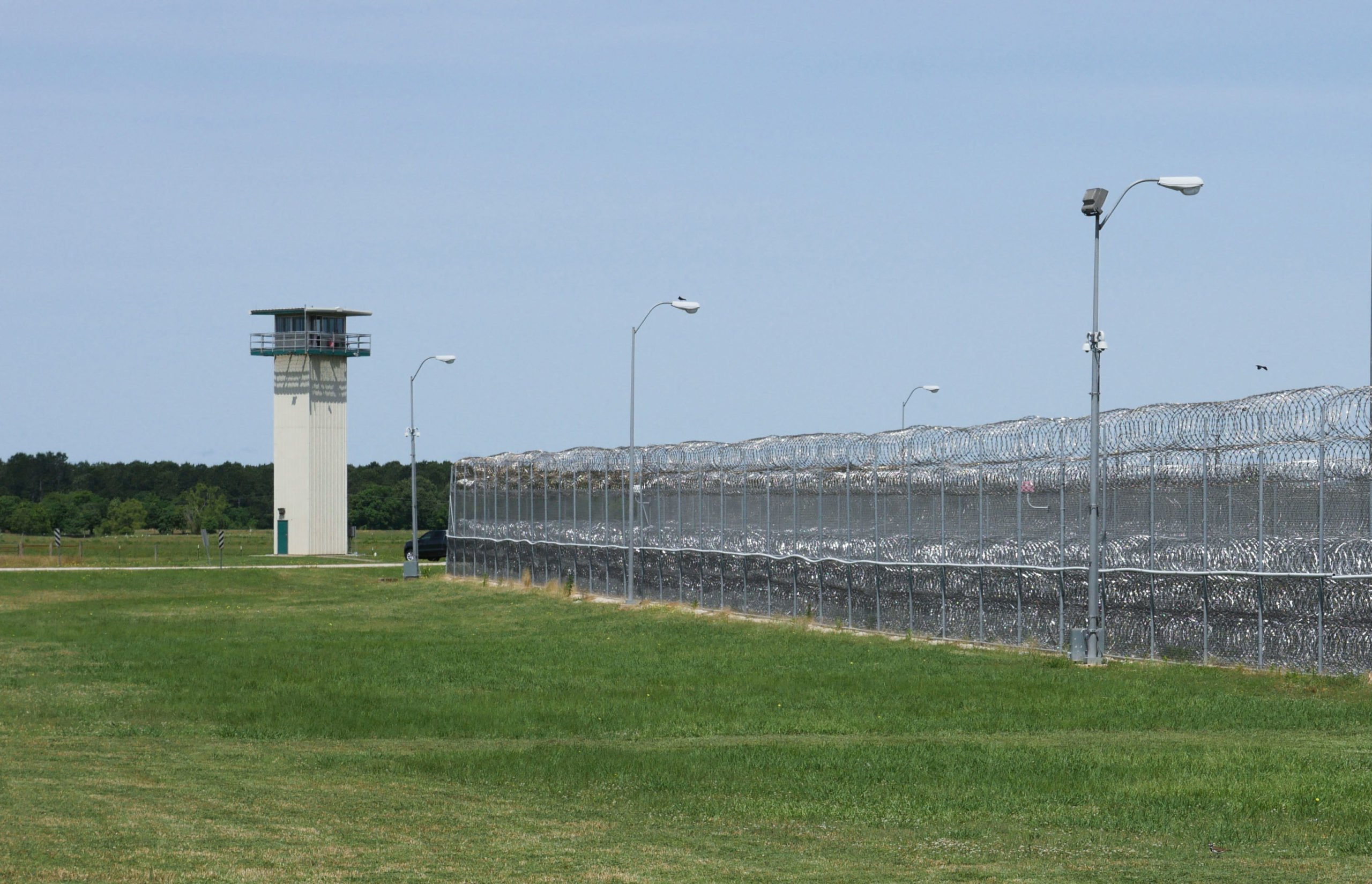Missouri has scheduled the execution for a death row inmate Tuesday despite unresolved claims regarding his innocence, CBS News reported.
Marcellus Williams, 55, is set to be executed Sept. 25. He was convicted in 2003 for the murder of Felicia Gayle, a social worker and former reporter. The murder occurred in 1998 in University City, a suburb of St. Louis, according to CBS News. Williams’s conviction was primarily based on the testimony of his girlfriend at the time, who claimed to have found evidence linking him to the crime and a supposed confession to a cellmate.
The Missouri Supreme Court on Tuesday set a Sept. 24 execution date for Marcellus Williams, even as the inmate awaits a court hearing on his claim that he was not involved in the murder that landed him on death row. #MONews #KTLOnews https://t.co/ZQCBn6qiba pic.twitter.com/F1o5dqZhH5
— KTLO Radio (@ktloradio) June 5, 2024
However, developments have since cast doubt on his guilt. In 2017, just hours before his scheduled execution, then-Republican Missouri Gov. Eric Greitens halted the process to allow further investigation into new DNA evidence, which showed that DNA on the murder weapon did not match Williams, the outlet reported. This evidence had not been available during his original trial.
Despite the creation of a board of inquiry by Greitens to investigate these claims, the board was dissolved by current Republican Missouri Gov. Mike Parson without concluding its investigation. Additionally, St. Louis County Prosecuting Attorney Wesley Bell filed a motion earlier in 2024 to vacate Williams’s sentence, citing new Missouri law that allows for such actions if there is evidence suggesting a wrongful conviction. This motion has not been resolved, CBS News stated.

An exterior view shows Allan B. Polunsky prison and the wing of the building which houses Texas’ death row for men in Livingston, Texas, on May 25, 2022. Hank Skinner, who has been on death row in Texas for nearly three decades, says he still remains hopeful. (Photo by CECILE CLOCHERET/AFP via Getty Images)
The Missouri Supreme Court ruled the Governor’s authority over clemency means Williams’s scheduled execution does not violate the new state law, the outlet reported. Judge Zel Fisher clarified that Williams has no right to the board of inquiry process either by statute or due process. The Midwest Innocence Project, along with other advocates, are frustrated by the court’s ruling, pointing out that critical DNA evidence has never been reviewed by a court. (RELATED: Executions Globally Rise To Highest Level In Almost 10 Years)
They argue proceeding with the execution without examining this evidence highlights systemic issues, emphasizing procedural outcomes over justice, according to CBS News. Advocates continue to push for a hearing to overturn Williams’s conviction, using new evidence as their basis.
